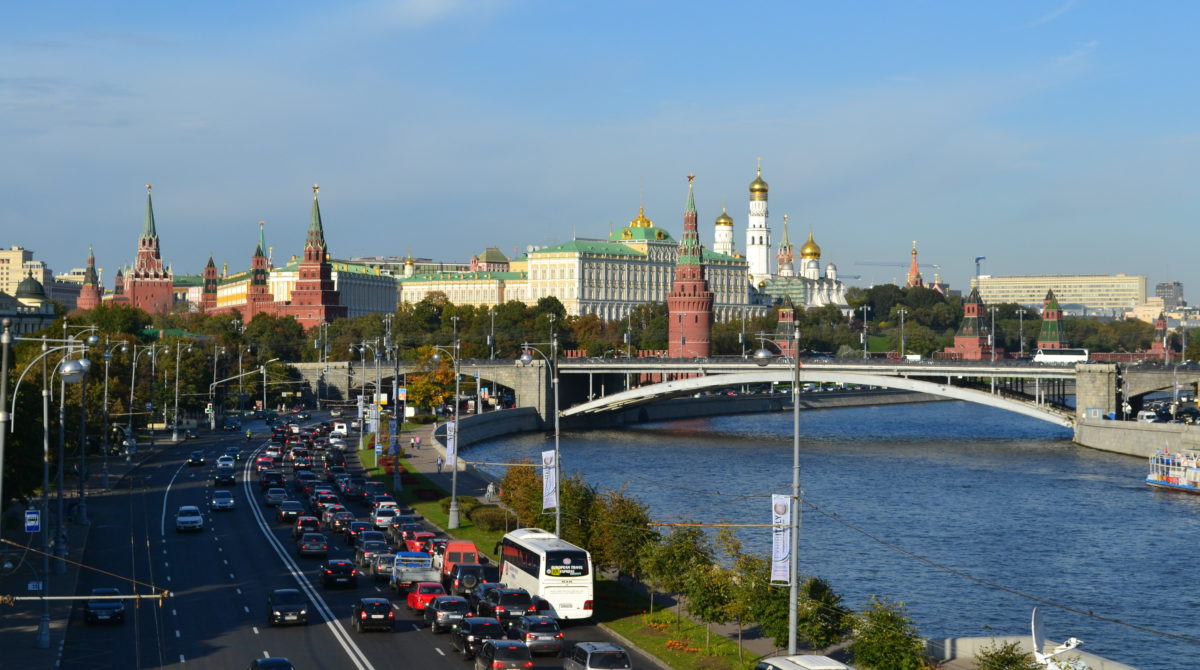For fossil fuel-dependent economies, the energy transition raises a lot of questions. With many nations starting to work towards ambitious 2030 and mid-century decarbonization targets, in line with the goals of the Paris agreement, countries which have built their economies around fossil fuel exports and heavy industries will need a new strategy.
Russia is one such example. It is the world’s largest natural gas exporter and among the biggest of the overall fossil fuel markets. Researchers led by MIT academics used the Russian economy as a case study to explore the likely outcomes of falling fossil fuel demand as well as the diversification strategies which could harvest opportunities from the energy transition.
Diversification
“Many energy-exporting countries have tried to diversify their economies but with limited success,” said Sergey Paltsev, senior researcher at MIT’s Energy Initiative and deputy director of the MIT Joint Program on the Science and Policy of Global Change. “Our study quantifies the dynamics of efforts to achieve economic diversification in which reallocation of funds leads to higher labor productivity and economic growth — all while enabling more aggressive emissions reduction targets.” The study was published in Climate Policy.
The MIT research estimated Russian GDP growth could fall by around 0.5% between 2035 and 2050 as a result of climate-motivated policy in nations which currently import fossil fuels from the country. “This may sound like a small number,” said Paltsev, “but it actually affects the economic growth and GDP levels quite substantially for a long period of time. The Paris agreement may also leave Russia facing market barriers for other energy-intensive exports (metals, chemicals and fertilizers, for example). “Regardless of its domestic emissions-reduction efforts, Russia will not be able to sustain its current trajectory of fossil fuel export-based development, due to climate policies worldwide,” states Paltsev in the paper.
The MIT group suggested the effects of such a dip in fossil fuel export income could be mitigated by a diversification and decarbonization strategy, which involved taxing fossil fuel production and distributing the resulting revenue into other economic sectors. Such a strategy, focused on developing Russia’s manufacturing, services, agriculture and food production industries, could offset the 0.5% GDP loss from fossil fuel exports, transforming that figure into as much as 4% growth over the same period, according to the researchers.
Given Russia’s extensive natural gas infrastructure, hydrogen could provide another route for the country to maintain a leading role in energy exports. “With some additional actions to ensure integrity, natural gas pipelines can be converted into hydrogen pipelines,” said Paltsev. “For example, the Nord Stream pipeline could be used to ship hydrogen from Russia to Germany. Russia may have an advantage in producing hydrogen from natural gas – with or without carbon capture – and by using nuclear power.”
Decarbonize
Russia, according to Paltsev, will most likely pursue all options to maintain GDP growth, so diversification might begin alongside the pursuit of new export markets for its fossil fuels, particularly in Asia.
Although Russia possesses enormous renewable energy potential, project development is unlikely to be a priority. With large amounts of fossil fuels available, and a potentially shrinking export market, it is likely renewables will struggle to compete on cost in Russia, except in remote regions. The MIT study warned, however, falling behind in the development of the sort of low-carbon technologies being adopted elsewhere in the world would represent another significant risk to the Russian economy.
This content is protected by copyright and may not be reused. If you want to cooperate with us and would like to reuse some of our content, please contact: editors@pv-magazine.com.




By submitting this form you agree to pv magazine using your data for the purposes of publishing your comment.
Your personal data will only be disclosed or otherwise transmitted to third parties for the purposes of spam filtering or if this is necessary for technical maintenance of the website. Any other transfer to third parties will not take place unless this is justified on the basis of applicable data protection regulations or if pv magazine is legally obliged to do so.
You may revoke this consent at any time with effect for the future, in which case your personal data will be deleted immediately. Otherwise, your data will be deleted if pv magazine has processed your request or the purpose of data storage is fulfilled.
Further information on data privacy can be found in our Data Protection Policy.